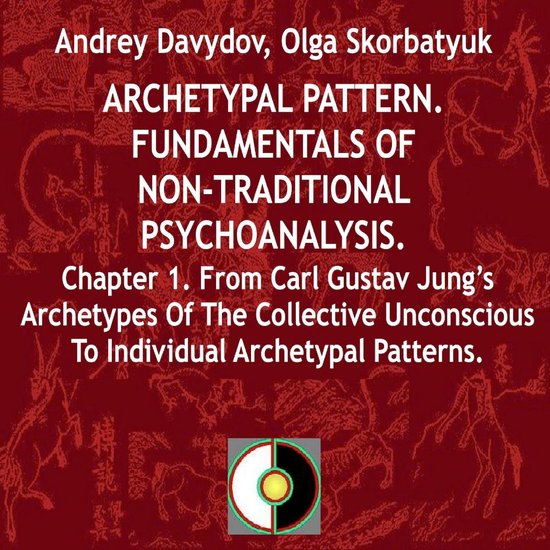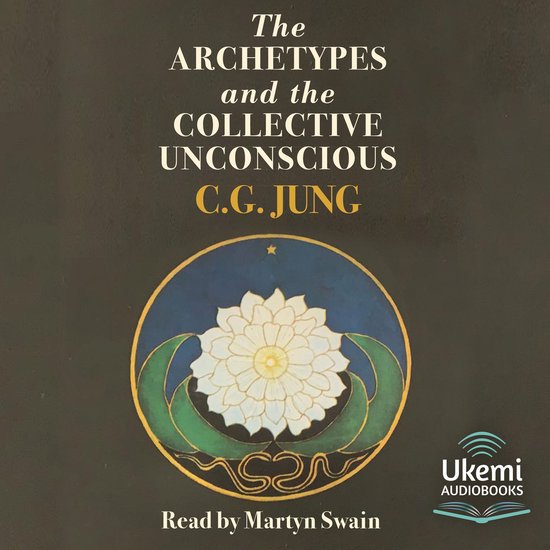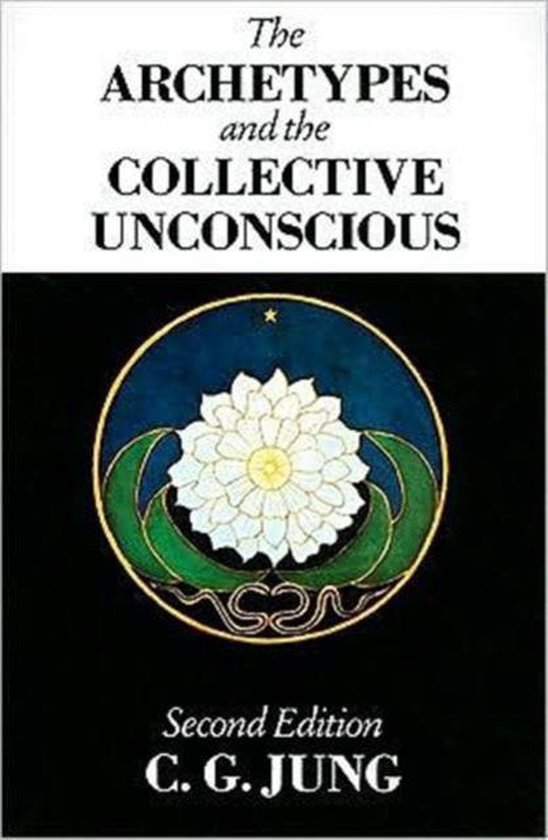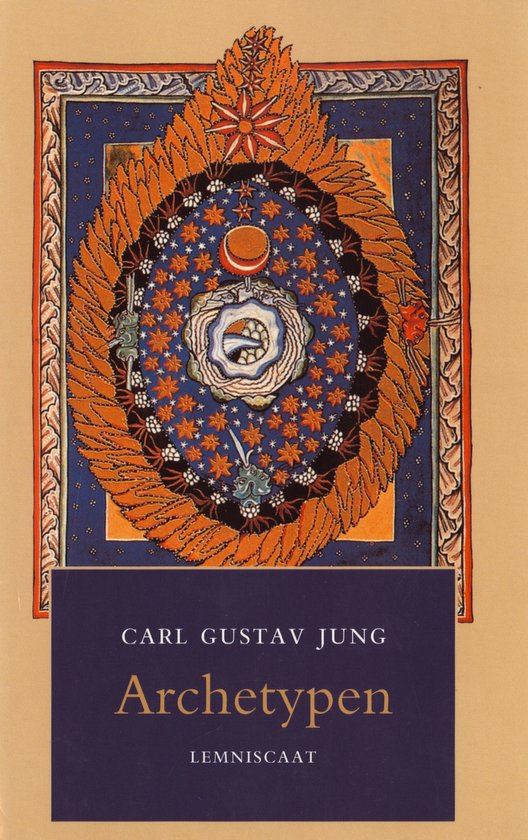
From Carl Gustav Jung’s Archetypes Of The Collective Unconscious To Individual Archetypal Patterns
All suppositions presented in this lecture have brought us to a better understanding of contents of the unconscious sphere of human psyche. Even if we were to accept Jung's theory of "dividing human psyche," we think it would be one’s personal unconscious, which contains very definite individual structure or system meant to define his personal psychological and physiological characteristics because the unconscious sphere of psyche directly controls many physiological reactions. Personal unconscious should be able to tell everything of one's personality by examining it not through collective values, but in the light of its individual archetypes. It should be able to explain everything about a person with respect to his individual perception of the world and of himself, his purpose, his behavior both in social and natural environments, his strategies and tactics, his way of thinking, his unconscious motivations, his needs, emotions, inclinations, preferences, meaning of his existence, etc.
After reviewing both our practical and theoretical research, and focusing on Jung's theory as to the influence of the collective unconscious on individual human psyche, it would be essential to examine this issue from the standpoint of psychology of individual distinctions. It is obvious that without finding individual archetypal patterns as the basis for human personality, solving any individual or social-collective problems would not be possible since any society consists of individuals, who constantly affect one another.
| Auteur | | Andrey Davydov |
| Taal | | Engels |
| Type | | Digitaal luisterboek |
| Categorie | | Psychologie |





